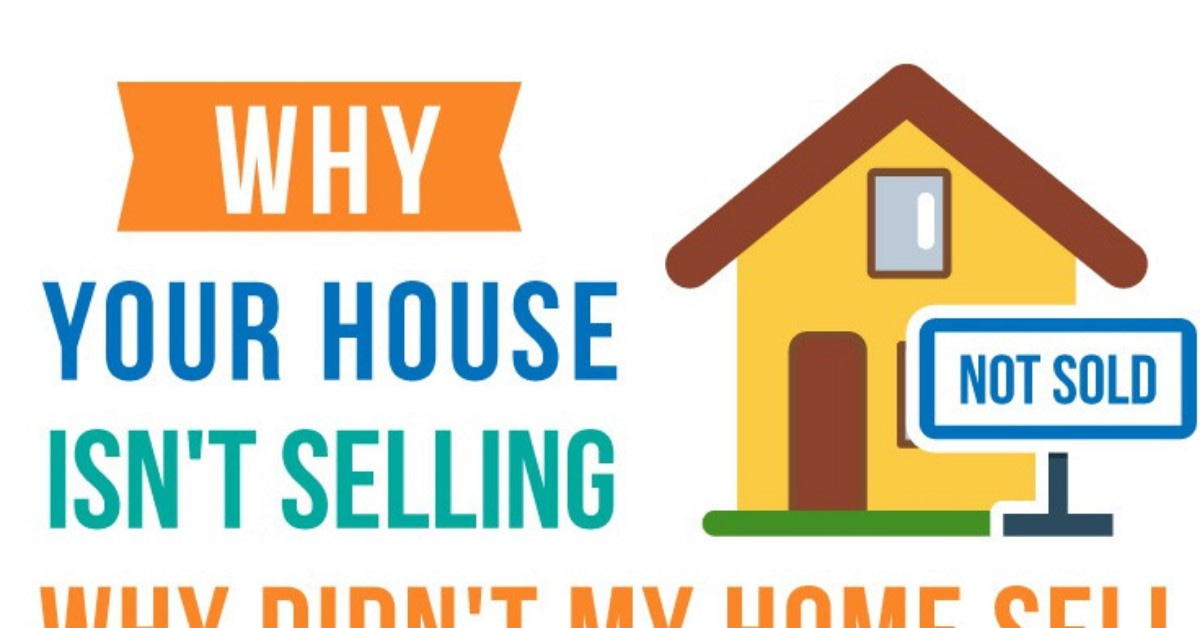I’ve been doing short sales in Orlando since 2005 and something happened last week that has never happened to me before. I’ve been working on this Orlando shorts sale listing for the past 3 months. After negotiating with the bank we got the payoff approved at $192,000.00 and the buyers were ready to close. Each time I would get a hold of the negotiator he would say that I would have the approval letter the next day so I would then update my clients with the same update that was given to me. After hearing the same story from me day after day and week after week It got to the point where everyone thought it was all somehow my fault.
To make matters worse, the buyer got tired of waiting and walked from the deal, my client even talked about hiring another agent. The following day I received a call from the negotiator and I couldn’t believe what he told me. He actually told me that he was purposely stalling this particular file because he didn’t want it to close until the month of March. He explained to me that the bank can only handle a certain amount of loss per month and they had already hit their limit for the month of February. He then proceeded to explain to me how he was purposely stalling me by not providing me with the approval letter. When I heard this I felt like reaching through the phone and slapping him. That wasn’t possible so I did the next best thing, I gave him a piece of my mind.
All he had to do was inform me of what was going on from the start and everything would have been fine. The buyers would have had no problem at all waiting as long as they knew what was going on. After I vented my frustration with the negotiator I insisted that he personally call my client and explain the situation to him. Thank God everything is back on track and all is right with the world, we’re closing at the beginning of March.
Short sale negotiations can get complicated and can be extremely frustrating. If you’re in need of an Orlando short sale expert call me at 407-902-7750 for a free analysis of your situation.








